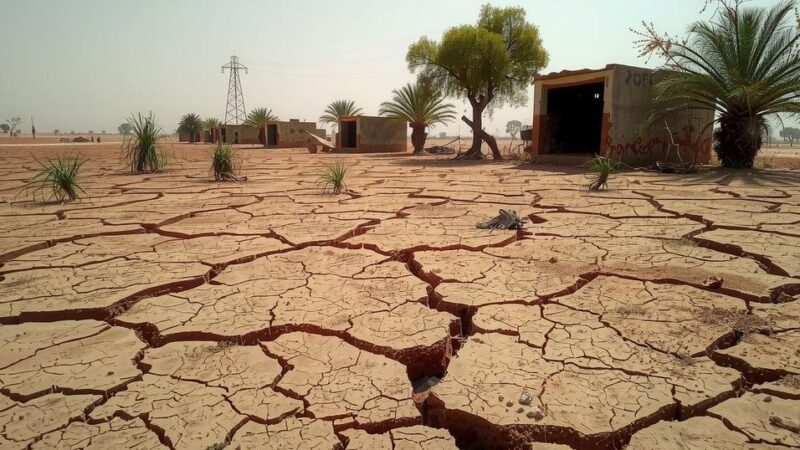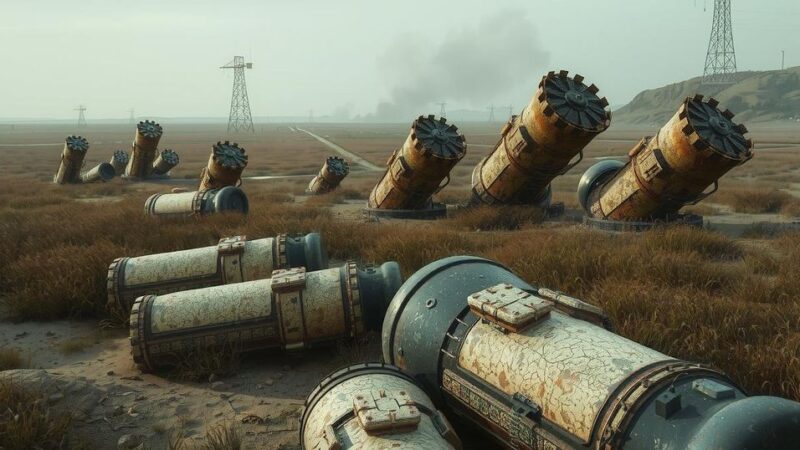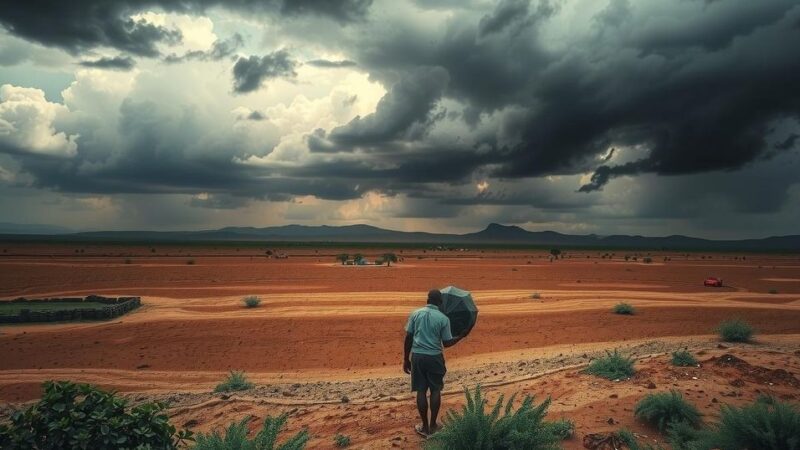The DRC Army, with Wazalendo allies, halted M23 rebels near Walikale-Centre, restoring a degree of calm. EAC and SADC ministers adopted a roadmap for conflict resolution that emphasizes dialogue, humanitarian access, and oversight mechanisms, despite avoiding direct references to Rwanda’s role in the turmoil. The ongoing situation in Eastern DRC reflects decades of unrest influenced by regional dynamics.
The Democratic Republic of Congo (DRC) Army, supported by its Wazalendo allies, successfully countered advances made by the M23 rebels and the Alliance Fleuve Congo on March 17, resulting in the rebels being pushed back to Mpofi, located 52 kilometers from Walikale-Centre. Following military reinforcements from Bunia in Ituri province, the situation was stabilized, although the area remains heavily militarized with few civilians present in the streets. Residents fleeing the violence have sought refuge in nearby villages along the national highway towards Kisangani.
On March 17, East African Community (EAC) and Southern African Development Community (SADC) ministers convened in Harare, Zimbabwe, where they adopted a roadmap aimed at resolving the ongoing conflict in Eastern DR Congo. Notably, the document refrained from naming Rwanda as a supporter of the M23. This roadmap outlines both short- and long-term strategies, including immediate efforts to initiate dialogue and facilitate humanitarian access, while establishing a mechanism for monitoring ceasefires.
Key measures within the roadmap require implementation within 30 days and include direct military dialogues to establish an unconditional ceasefire, halt any territorial expansion, and ensure the free movement of humanitarian agencies. The opening of Goma and Kavumu airports is also planned, allowing for continuous evacuation from conflict zones. A joint SADC-EAC verification mechanism will oversee these efforts, ensuring compliance with ceasefire agreements.
Furthermore, a technical evaluation team consisting of 12 to 16 experts from various governmental and military sectors will assess the security and humanitarian conditions in North and South Kivu provinces, focusing on critical infrastructure. Though the final communique did not acknowledge Rwandan involvement, numerous UN reports indicate that Rwandan forces have been actively engaged alongside M23 rebels in territorial captures in North Kivu province.
The DRC has faced ongoing turmoil for decades, exacerbated by complex regional dynamics, particularly following the Rwandan genocide of 1994, fostering accusations against Rwanda for seeking to exploit DRC’s natural resources.
In summary, the DRC Army, bolstered by military reinforcements, managed to thwart the M23 rebels’ advances at Walikale-Centre, restoring a fragile calm to the area. A roadmap adopted by EAC and SADC ministers aims to address the long-standing conflict in Eastern DRC while navigating the intricate relationship with Rwanda. Continuous efforts to engage in dialogue and improve humanitarian conditions remain paramount in resolving the ongoing unrest in the region.
Original Source: humanglemedia.com






